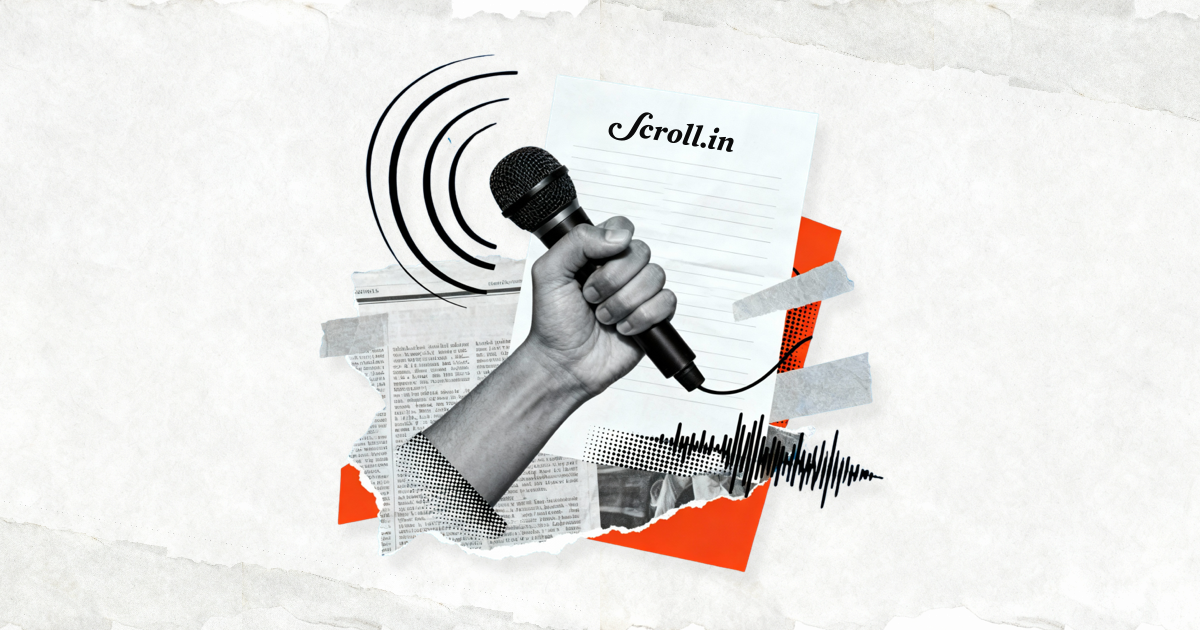
Dear contributor,
India completed 75 years of independence on August 15. It was an occasion that most of the news media marked with glossy supplements and celebratory shows that ignored the grim turn that the country has taken in recent years towards majoritarianism and bigotry.
We at Scroll.in, however, decided to highlight the unprecedented rupture that has taken place in the country’s social fabric since the Narendra Modi-led Bharatiya Janata Party assumed power in 2014.
On the morning of Independence Day, we published an in-depth report by Arunabh Saikia on a silent exodus of young, educated, affluent Muslims from India.
He interviewed 15 young Muslims who have left the country, or are on the verge of leaving, because of the trauma and heartbreak of seeing their own friends, colleagues and neighbours fall for Hindu supremacist ideas.
Feeling unsafe in the country of their birth, these young people are migrating to distant lands, with some scholars comparing the situation in India with Nazi Germany.
Days after we published this report, 11 men convicted of raping a pregnant Muslim woman in the 2002 Gujarat riots and killing 14 of her relatives, walked out of prison to garlands and sweets.
In a significant newsbreak, Arunabh Saikia and Aishwarya Iyer found that while granting remission to the convicts in the Bilkis Bano case, the Gujarat government had ignored the opinion of the trial court, and instead had gone with the decision of a 10-member committee that had five BJP politicians on it.
August was also the month when the people of Kashmir relived the trauma of the abrupt and sweeping changes of 2019 that had stripped the region of its special status. In a three-part series called “Shadow Militants”, Safwat Zargar looked at the rise of a new kind of militancy in Kashmir in the years since then, where combatants remain in the shadows, and neighbour kills neighbour.
Among the other notable stories that we did in August were two ground reports from Assam by Rokibuz Zaman. In one, he documented the exploitation of workers in the Indian government’s border road projects in Arunachal Pradesh. In what appeared to be a case of bonded labour, 19 workers from Assam fled an Arunachal work site, only to get lost in the forests – nine workers died.
In another report, Zaman reported on the alarming situation created by an intersection of Aadhaar with Assam’s exclusionary National Register of Citizens: because of frozen biometrics, lakhs of impoverished people in the state might no longer be able to access vital food rations.
Another important Aadhaar-related story that we reported was about the confusion over the linking of the unique 12-digit number with voter identity cards. Although the government has claimed the linking isn’t mandatory, Umang Poddar explained why, for all practical purposes, it is so.
Poddar also wrote about India’s failure to pass a data protection law, five years after the Supreme Court declared the right to privacy to be a fundamental right of Indians.
Staying with data privacy concerns, Tabassum Barnagarwala wrote about the way the Indian government, in its bid to digitise health records, is creating health account numbers without the knowledge of its citizens. Over 170 million accounts have already been created. Experts are worried that the country lacks systems to prevent the leak of sensitive health data.
Thank you for your support.
- Team Scroll.in






















Write a comment ...